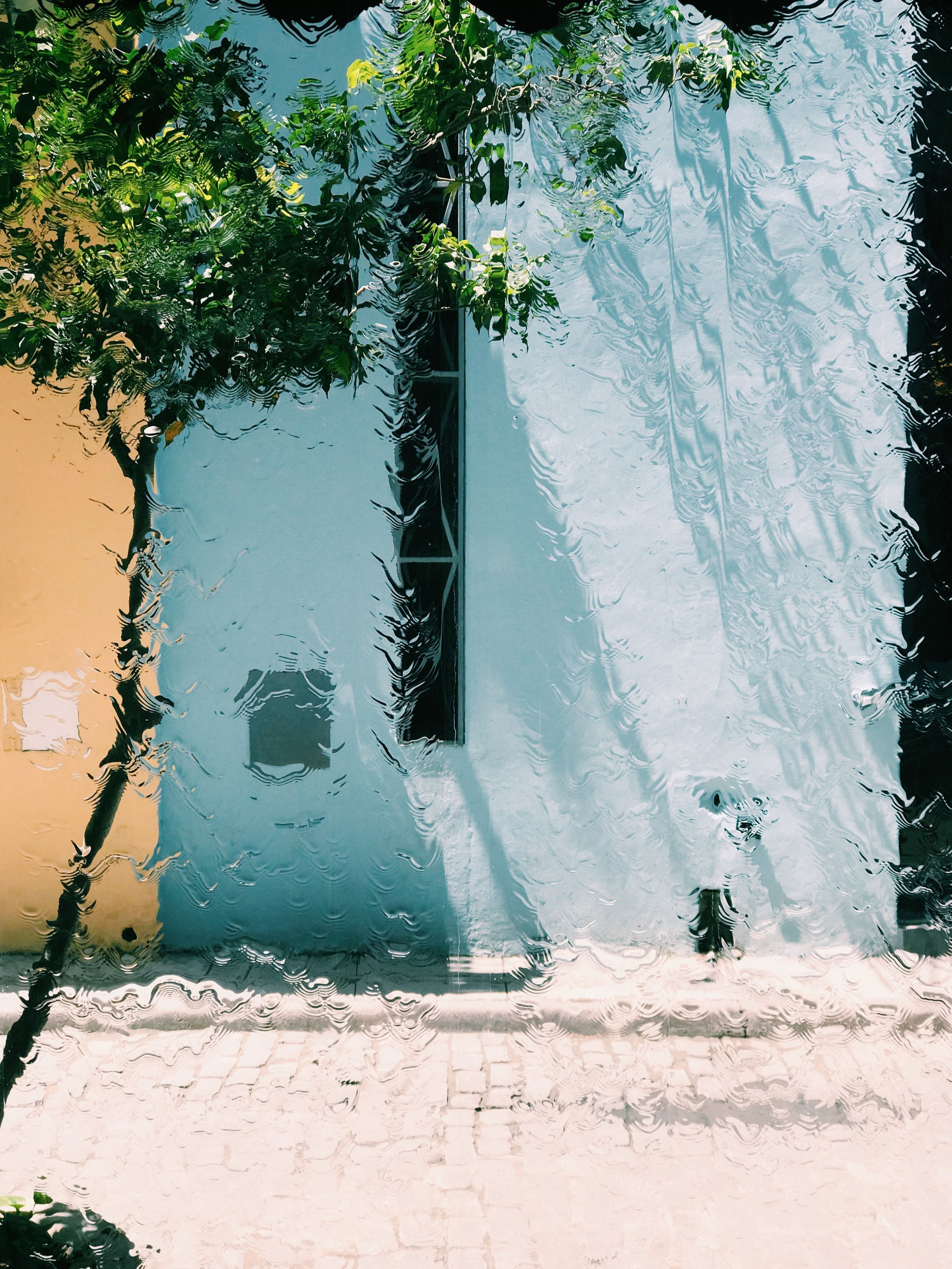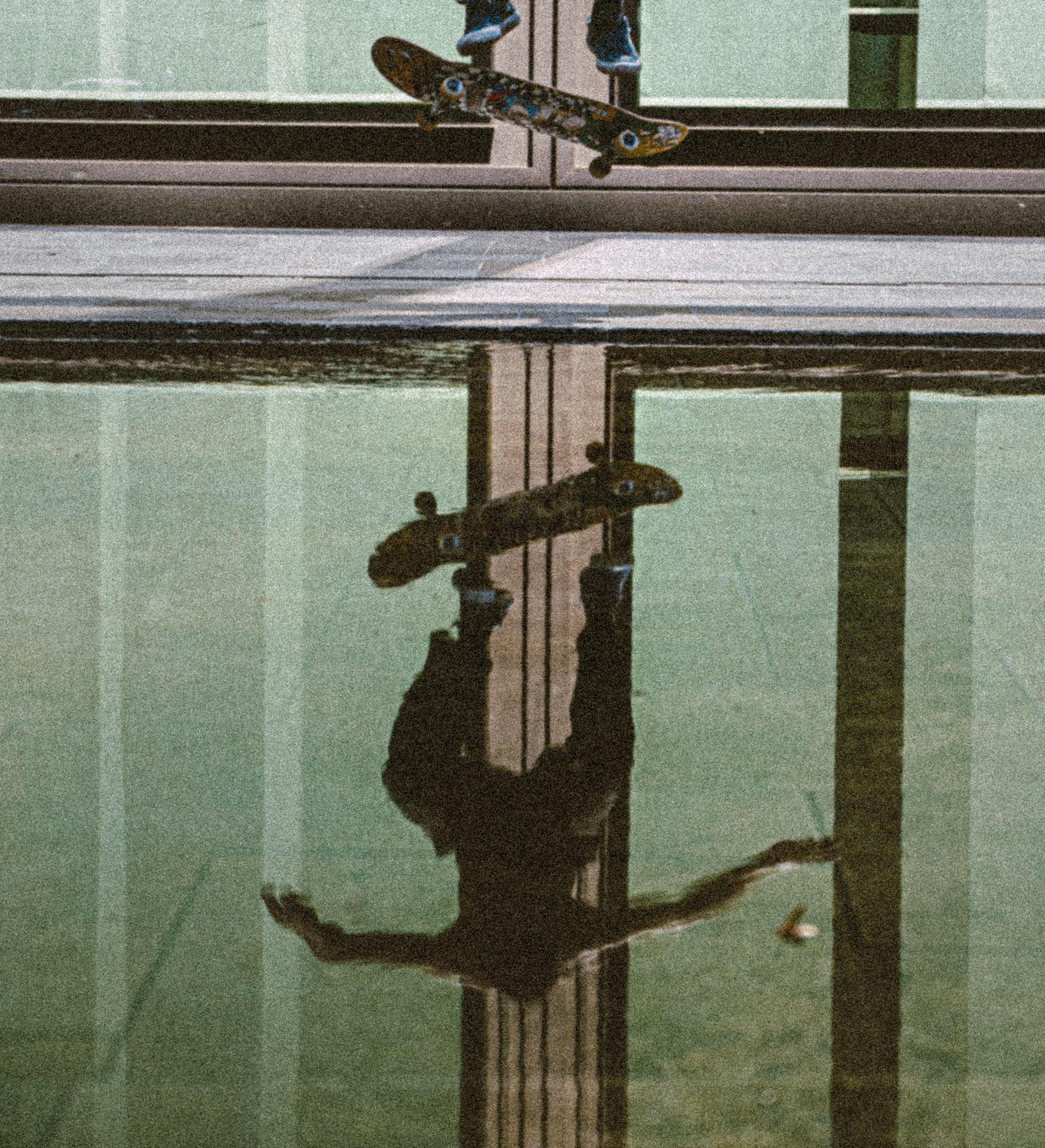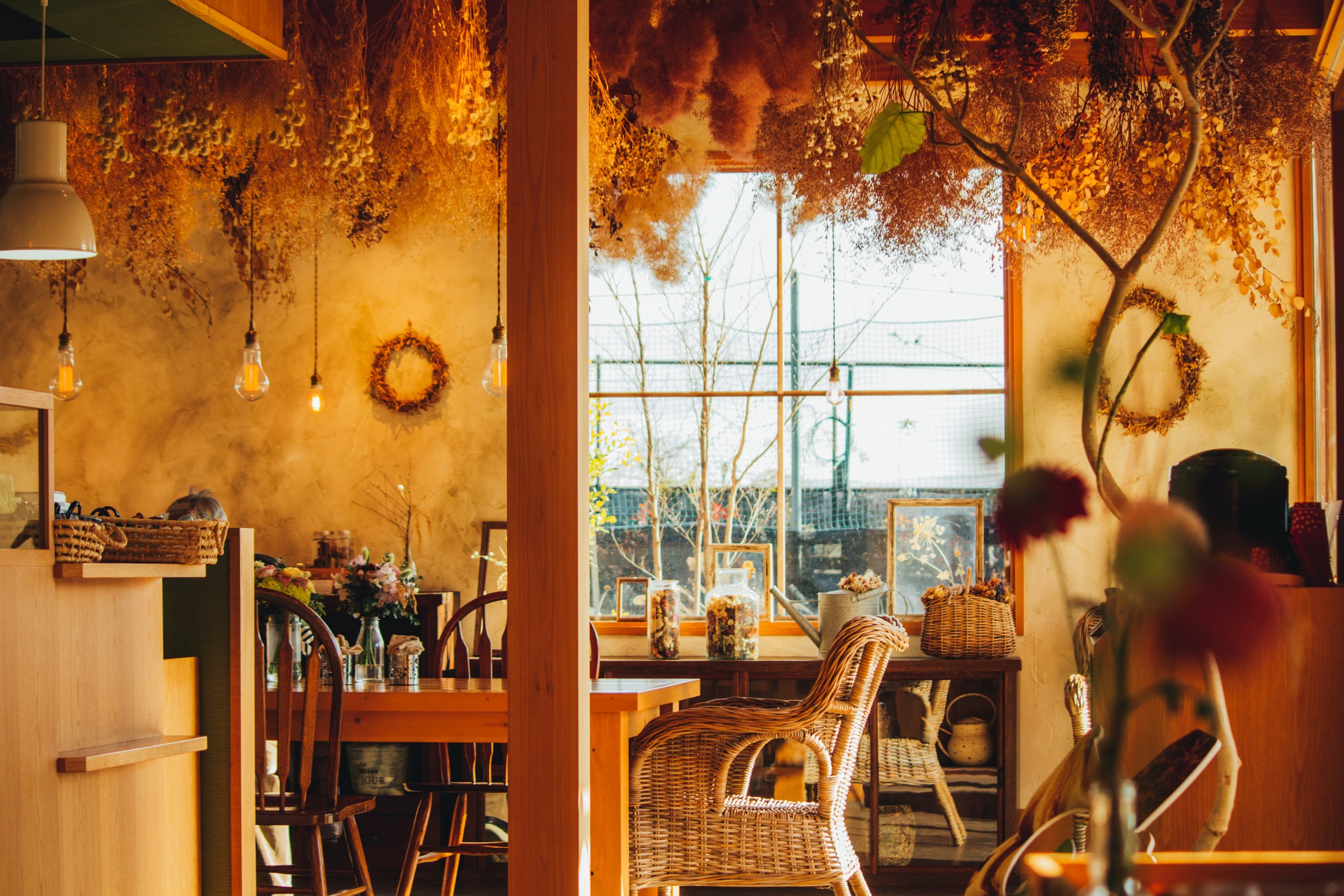To That Baby in Vico

You couldn’t have been more than a year old. At the deli in Vico Equense, you watched me over your young mother’s shoulder. I looked back. At your creased wrists, your leaking mouth, the warm yeasty loaf of your body slung on her arm. I looked down at a tray of tomatoes and gently squeezed one, measuring the give of its meat, the smooth elastic skin.
Everyone shouts in Italy, Napoli, Roma, Vico, and I don’t know how long the fat man in the splattered apron yelled for me to stop touching before I realized he was yelling at me.
In Italy, without language, I was an imbecile—wandering the streets, fondling the fruit, asking broken questions of strangers, unable to comprehend their answers. I was in Vico Equense on a fellowship; in the application I’d detailed the importance of traveling to this place where my bisnonna—my grandmother—was born. But since I’d arrived, all I could hear was the gong of my own body.
Early in my stay, I took a wrong turn in the city’s labyrinth of alleys and reached a dead end. I found a garage door on which was painted with my family’s name: Starace. I’d prepared a script for this: “Il mio nome è Melissa. I don’t speak Italian. I came here to find you. “And every day I walked by that name, the script I’d prepared in my purse, and kept walking.
Baby, I spoke to no one all day, and did not look back at the men who looked at me. Each night I balanced my computer on a windowsill and called the man who, for the past six months, had written me a letter each day. I’d papered the bulletin board over the desk in my Brooklyn apartment with these missives, a map of love that fluttered across the empty white wall. He was afraid that if he stopped, I would forget to love him back. Sometimes, I wrote to him, and in the letters we called each other baby, but cut the vowel. Bby, we wrote, bby bby bby bby, repeating the phonetic kissy face, infantilizing ourselves as lovers do, that missing letter suggesting an empty space that the other might fill. But he was right to fear; being adored was beginning to matter less.
Alone in my castle room, I ate spoonfuls of soft, salty gorgonzola and drank cup after cup of cheap espresso. I finished my book. When my lover and I ran out of things to say, I closed the computer, sank back into the relief of silence. I slept naked and opened the enormous windows at night to bathe in the sea breeze. I rode the coin-operated elevator down the cliffs and crossed the black sand to the sea, so warm and green and strange. I ate dinners in the same café each night—a lady traveler alone, with a book and hat. For once, I did not care about looking beautiful. For once, my own attention was enough.
The dogs in Vico had no owners. They were ravaged—tumorous, with milky eyes, limps, coats matte with oil. They let me pet them, then trotted up the brick streets, into the grocery, down the alleys. Better freedom than beauty, I thought. Better naked than nude. I had wasted so much time and energy being seen, when looking was the answer.
I did not ring that bell. I never spoke those words. And soon after I went home to New York, I wrote another script—this time to the man back home. One I did deliver. A biological imperative is not always the one we think. Bambino, I saw you. And in your infant body glimpsed a different future for mine.
When he said that I was scared, he wasn’t wrong. Not now might turn into never. That wasn’t wrong either. To go looking for something does not always mean finding it. And finding something doesn’t always mean you should keep it. Sometimes all love teaches you is how to be alone.
ABOUT THE AUTHOR
Melissa Febos is the author of the memoir Whip Smart (St. Martin's Press 2010) and the new essay collection Abandon Me (Bloomsbury 2017). Her favorite place on no one else's list? The dentist's chair.
Header photo by Roksolana Zasiadko.










